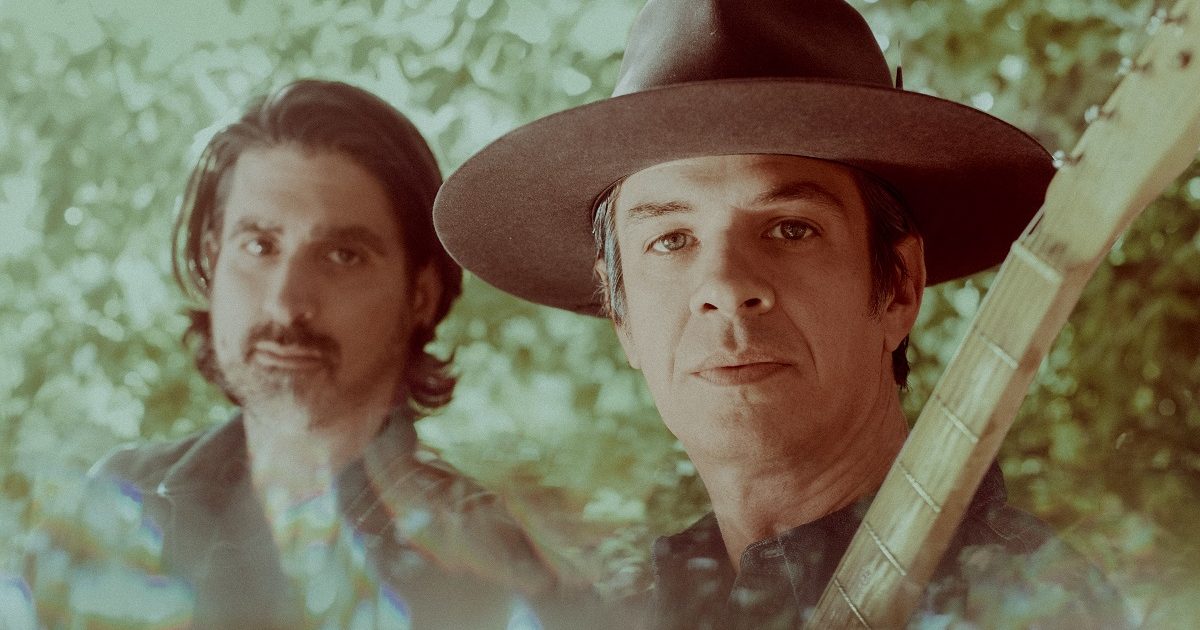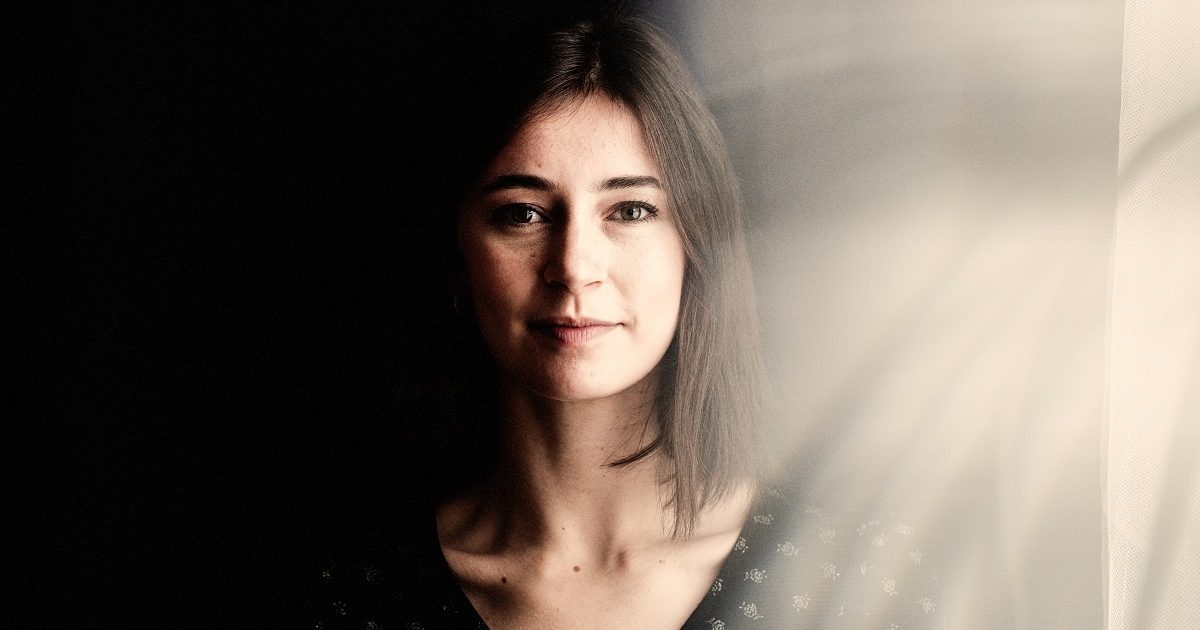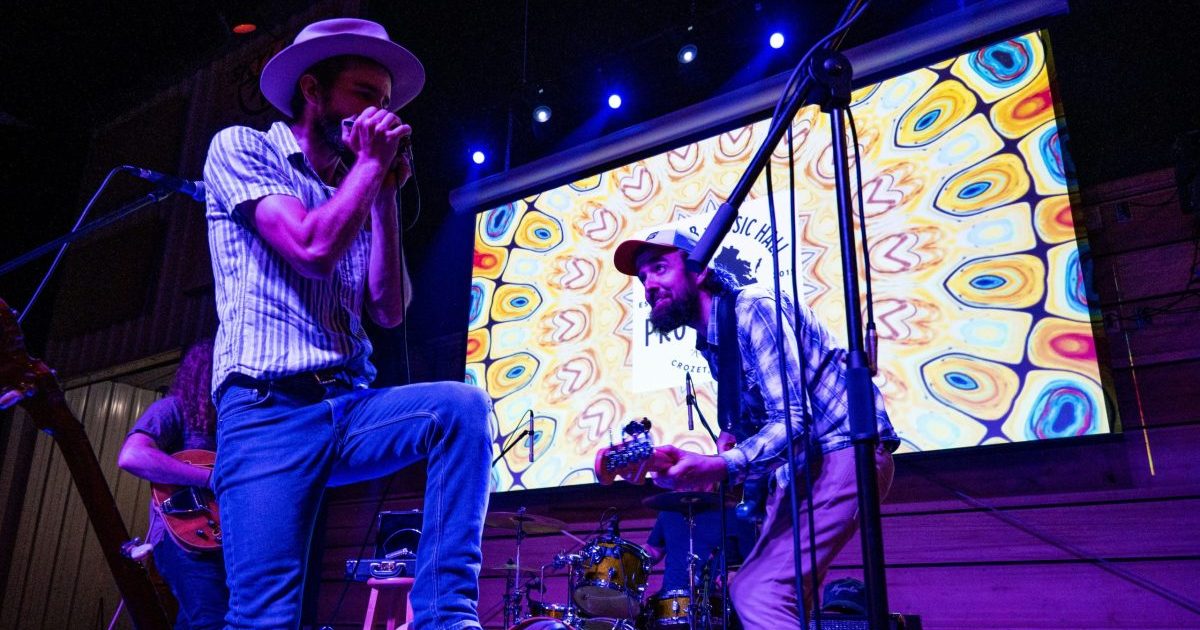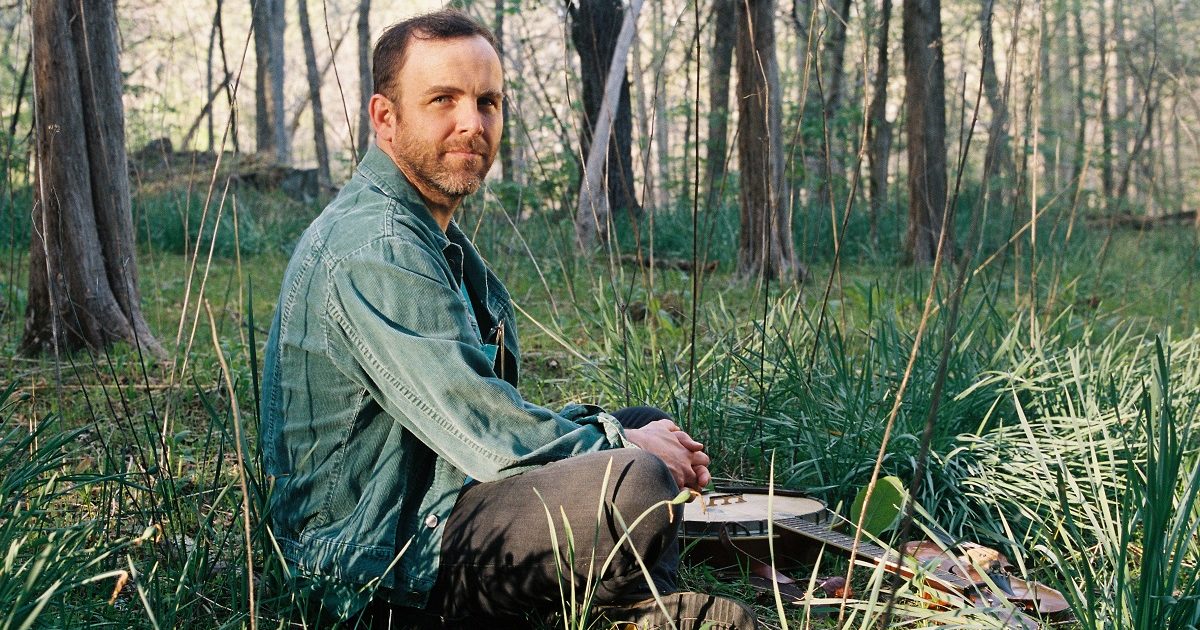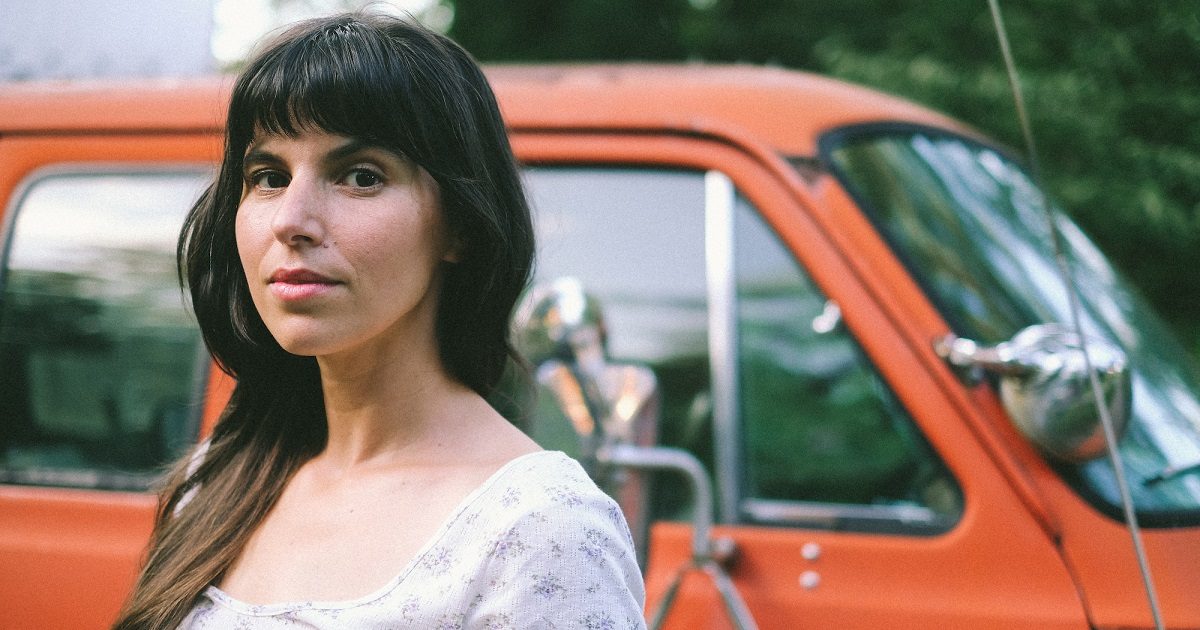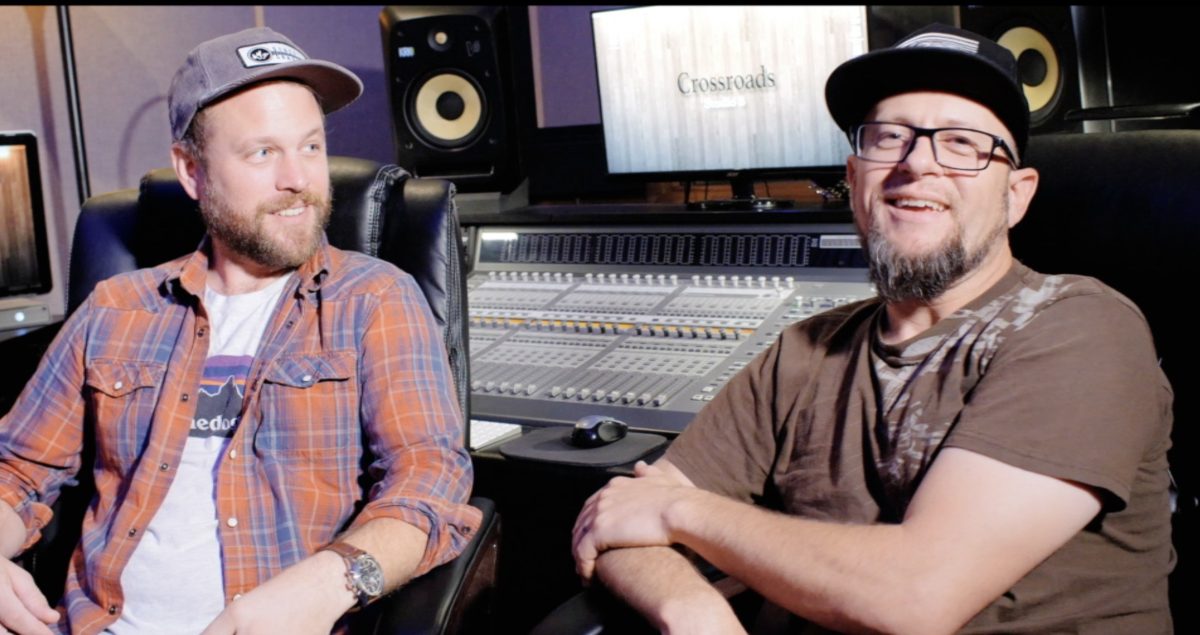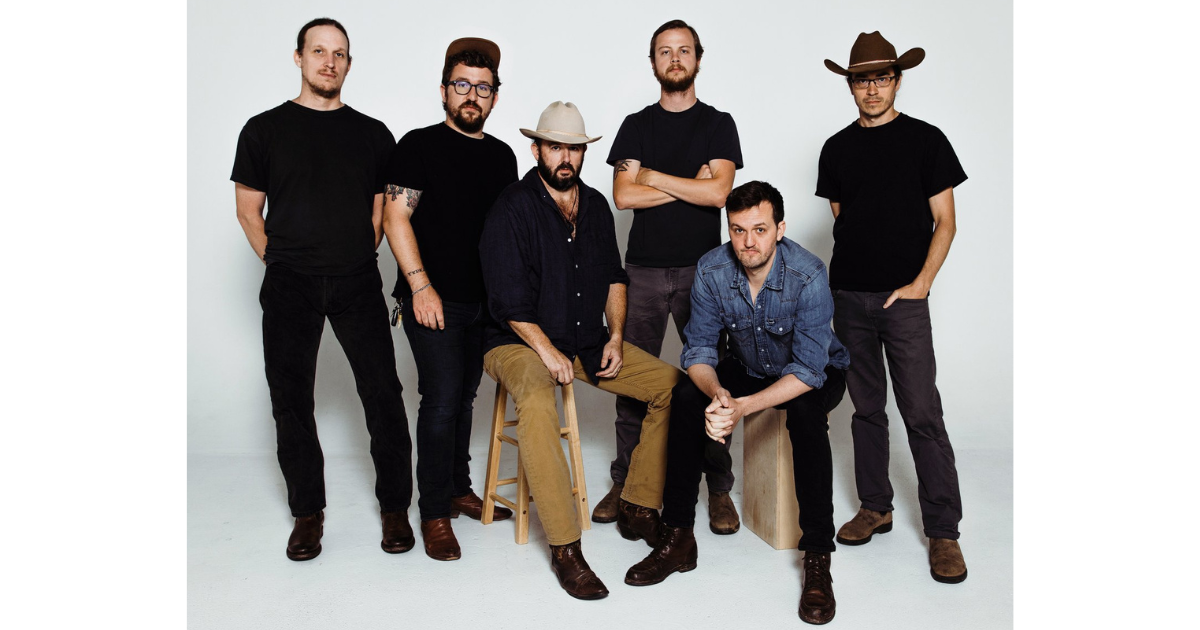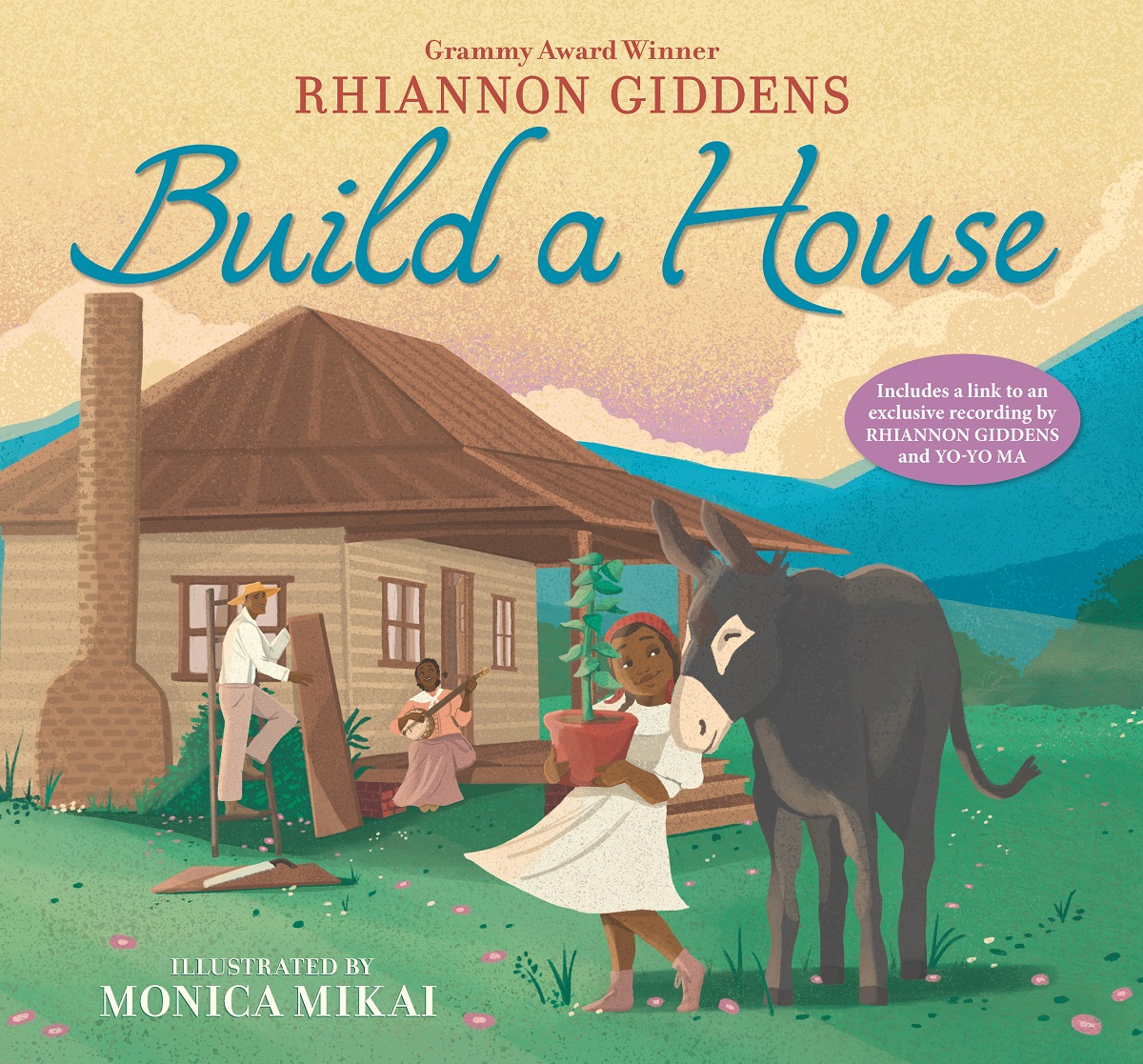Even with more than a dozen releases that have accumulated over 400 million streams, The Band of Heathens are adamant that their best work still lies ahead, and with their latest album Simple Things it’s easy to see why.
Split between Austin, Texas, and Asheville, North Carolina, band members Ed Jurdi and Gordy Quist turned the pitfalls of a crippling pandemic into ten of their most hopeful and inspiring songs yet for Simple Things, released on their own BOH Records. They sing about everything from not letting the bad times beat you down (“Don’t Let the Darkness”) to an appreciation for the little things in life (“Simple Things”), hanging on when nothing seems to be going in your favor (“Heartless Year”) and the importance of family (“All That Remains”), all the while helping to chart a better path forward for themselves and society as a whole as we navigate a new normal.
The group’s sustained success for nearly 20 years is even more significant considering the Band of Heathens have operated independent of a record label the entire time. Without anyone pulling the strings and dictating what they do behind the scenes, the group has been able to focus on creating the music they want on their own terms, ultimately thriving in the process.
Speaking on Zoom from Austin, Jurdi and Quist spoke with BGS about the band’s recipe for success, the inspiration behind the new songs, and how bluegrass influences their music.
BGS: Tell me about how your “Remote Transmissions” live streams and ensuing “Good Time Supper Club” Patreon community have helped to grow your fans and spark your own creativity?
Quist: The Patreon is an extension of what we did during the pandemic when we began a weekly livestream over Facebook. We were all spread out in different cities at the time and couldn’t play music together so we made what we could out of the situation. We did everything from individually trading songs to trading verses on the same song, reading Shakespeare and even fitting in Grateful Dead segments. It became this strange variety show that we did every Tuesday night for 52 weeks. Through it we discovered an amazing community online who looked forward to the show every week, so when touring began to pick back up we moved the show to Patreon where we continue to host weekly chats, live streams, give early access to new songs — including many on the new record — and other behind-the-scenes looks from our creative lives.
Jurdi: The pandemic really forced us to improvise in a way we never had before. The irony with the online variety show we were doing was that it’s the closest thing we’ve done in a while to the origins of the band when we had a weekly residency in Austin. Those shows were almost entirely improvised, so returning to that was a very cathartic and full circle experience.
Given the community and successful careers you’ve built up over the past two decades, what advice would you give other independent artists trying to make it in the age of streaming and social media?
Quist: We started out right as labels were beginning to lose their grip on the power structure and being gatekeepers of distribution, but we were never a part of that system. That made being independent out of necessity to begin with. We ended up being offered a record deal on our second album but were wary of becoming indentured servants to some corporation for potentially our entire careers. We turned it down and used the opportunity to instead double down on ourselves, always looking out for new technology and investing in things that further allowed for us to make music on our own terms. We weren’t afraid of streaming and we weren’t afraid of downloads, we embraced it all.
Jurdi: The idea is to be creative making music and to build a community that you can always come back to which, in a strange way, is more accessible than it ever has been due to the technology now at our disposal. At the same time I think more work goes into it than ever before, not just in making music but promotion and all the other aspects of operating a business.
One of my favorite songs on the new record is “Stormy Weather,” which I saw [Ed] play solo during the day party for Warren Haynes’ Christmas Jam last December in Asheville, as well as with the full band on CBS This Morning. Can you tell me a bit about the song and how it came to be?
Jurdi: That’s a song we’d worked out a while back for another record that didn’t end up making the cut. There’s always a million reasons why that happens, but the song itself was always one that I really liked due to its imagery and overall theme. In a weird way it’s almost like the band’s theme song. It really represents our spirit, our struggles, being able to overcome the obstacles put in our path and, in some capacity, triumphing over them. Whenever we got to work on this new record, that song crept back into my head. We ended up taking the bones of it and putting a new arrangement on it that helped to change the feel and give the song a new look. Within five minutes of reworking it we knew we were onto something.
Are there any other songs on Simple Things that you reworked or had in your back pocket for a while?
Quist: Nope, “Stormy Weather” was the only older tune. Even it’s so far from where it once was that it’s practically new, too. Everything else was freshly written for this record.
As for the rest of the songs, this is very much a pandemic record. Can you describe the band’s emotions when getting back into the studio to work on these songs after being away from each other for so long?
Quist: It was joyful to be back playing rock ‘n’ roll together again. The inspiration for the songs largely came from that feeling when something gets taken from you how it makes you appreciate it a whole lot more. Throughout the record you can definitely feel the excitement in the room. There was very little analysis and thinking going on and a whole lot more inspiration and playing.
Jurdi: For us art has always been cathartic. Gordy and I are both optimists, always looking toward the future, but at the same time there’s no concept of the future without first being very present in the moment you are experiencing now. For example, the first verse of “Don’t Let the Darkness” talks about all this stuff that’s gone on in the past that you can’t do anything about other than putting your best foot forward, showing up and being available now. The most magical moments that have ever happened to me have come when I’ve been open and available to that.
In terms of your music, how would you say that bluegrass impacts your creative perspective, if at all?
Jurdi: The foundation of The Band of Heathens explores the roots of American music while aiming to carve out our own voice within it, and bluegrass certainly plays a part in that. You can hear it on “Single in the Same Summer,” which is a very acoustically driven song with a string band-like melody. How it sounds on the record doesn’t have a huge bluegrass feel to it, but the melody and roots of it absolutely do. It’s reminiscent of the mountain music of Appalachia. Living in Asheville the past ten years or so it’s seeped its way into everything. It’s the indigenous music of the region.
Quist: The improvisational nature of the band when we play live has been informed by bluegrass along with blues, jazz and country. That spirit is definitely something that is part of our live approach to playing in terms of taking solos and trying to say something on your instrument as well as within a song.
What kind of challenges or opportunities have come from a decade of being split between Austin and Asheville, two very music-forward cities in different corners of the country?
Jurdi: In a weird way I think the distance has actually helped in terms of appreciating the time we do have together to the best of our ability. Sometimes things that might be perceived as a weakness or a disadvantage can be turned into a strength. In our case we’ve found a really good way to make it work and have grown closer because of it.
Photo Credit: Alysse Gafkjen
